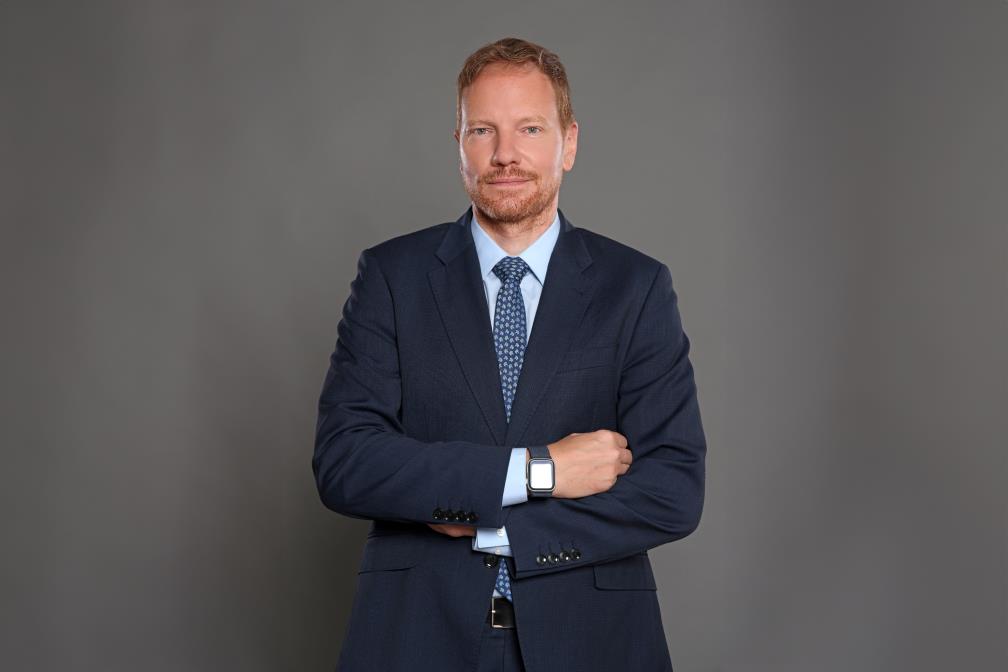Vidovdan, June 28th, has been a day of strange silence in Serbia’s calendar for centuries – should we mourn or celebrate? It’s a day that pulls us between defeat and victory, between a past we can’t let go of and a future we don’t know how to write. Vidovdan is the day when defeat became a vow, and the death of an army became the moral backbone of a nation. Prince Lazar lost the battle but won eternity. Our historical paradox is that we lose, yet find meaning in it. Today, Vidovdan is not just a historical date but a current political issue – Kosovo is not just a battlefield but a symbol of rights, security, identity, church, culture, and pride. Where once people died for faith, now faith and agreement are negotiated. Serbia has shown readiness for dialogue, but words must be chosen carefully because they carry power. Vidovdan teaches us to stop romanticizing defeats and dare to imagine real victories – victories of reconciliation, respect for rights, and understanding. Vows cannot justify eternal conflict. Maybe it’s finally time for Vidovdan to be a day when we remember defeat but learn how to win without losing anyone. If defeat is eternal, victory must become possible. Milan Antonijević, a lawyer and human rights expert with over 20 years of experience, reminds us of the importance of the rule of law, open dialogue, and media freedom on Serbia’s path to the EU. Vidovdan is complex and heavy but can be a call for responsibility and hope. So, what do you think – is it time to finally win, or will we forever be trapped in eternal defeat? Drop a comment and let’s see who’s for a real win and who’s stuck in the eternal myth!
Vidovdan: The Defeat That Lasts, The Victory That Is Denied


















